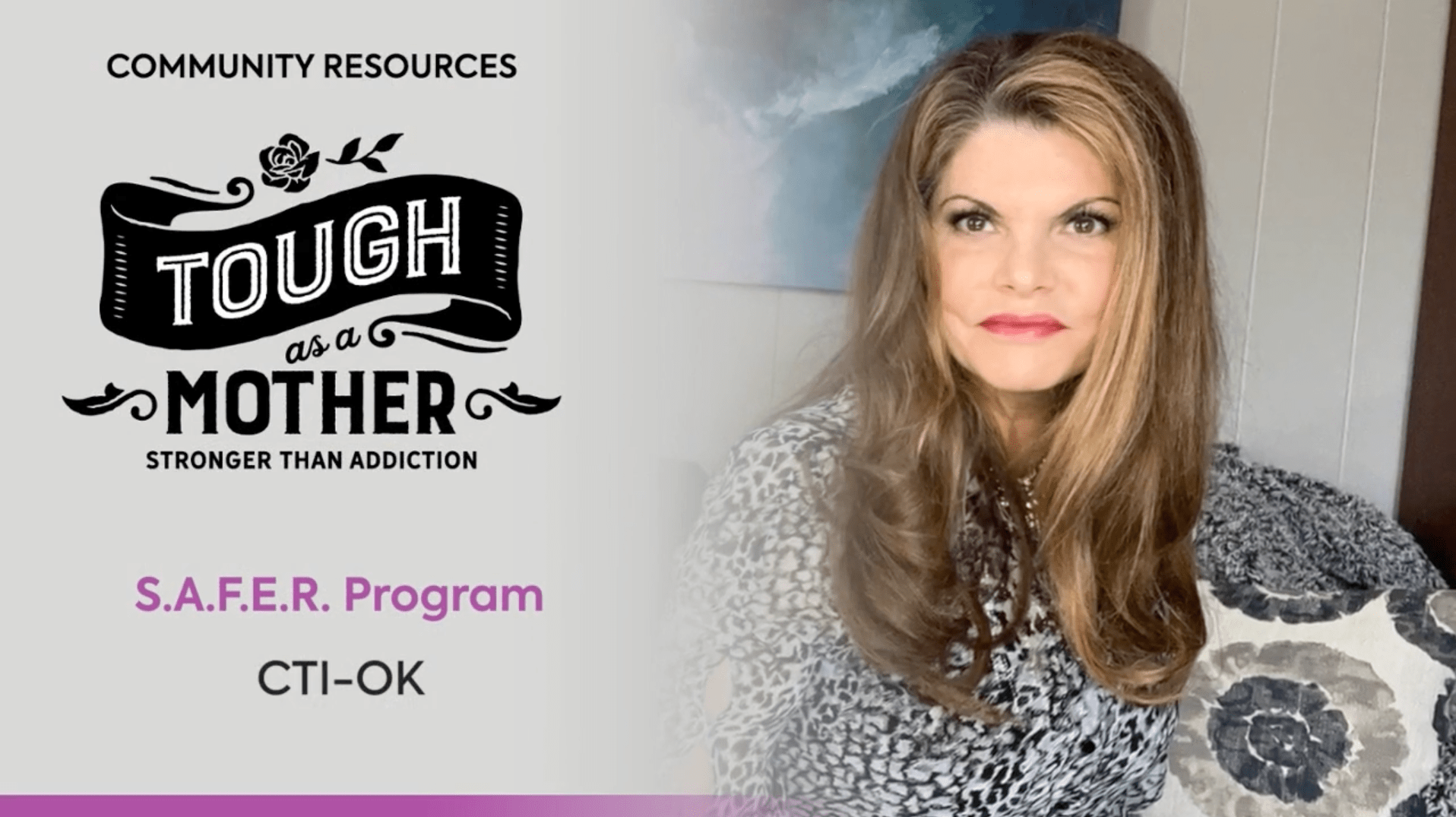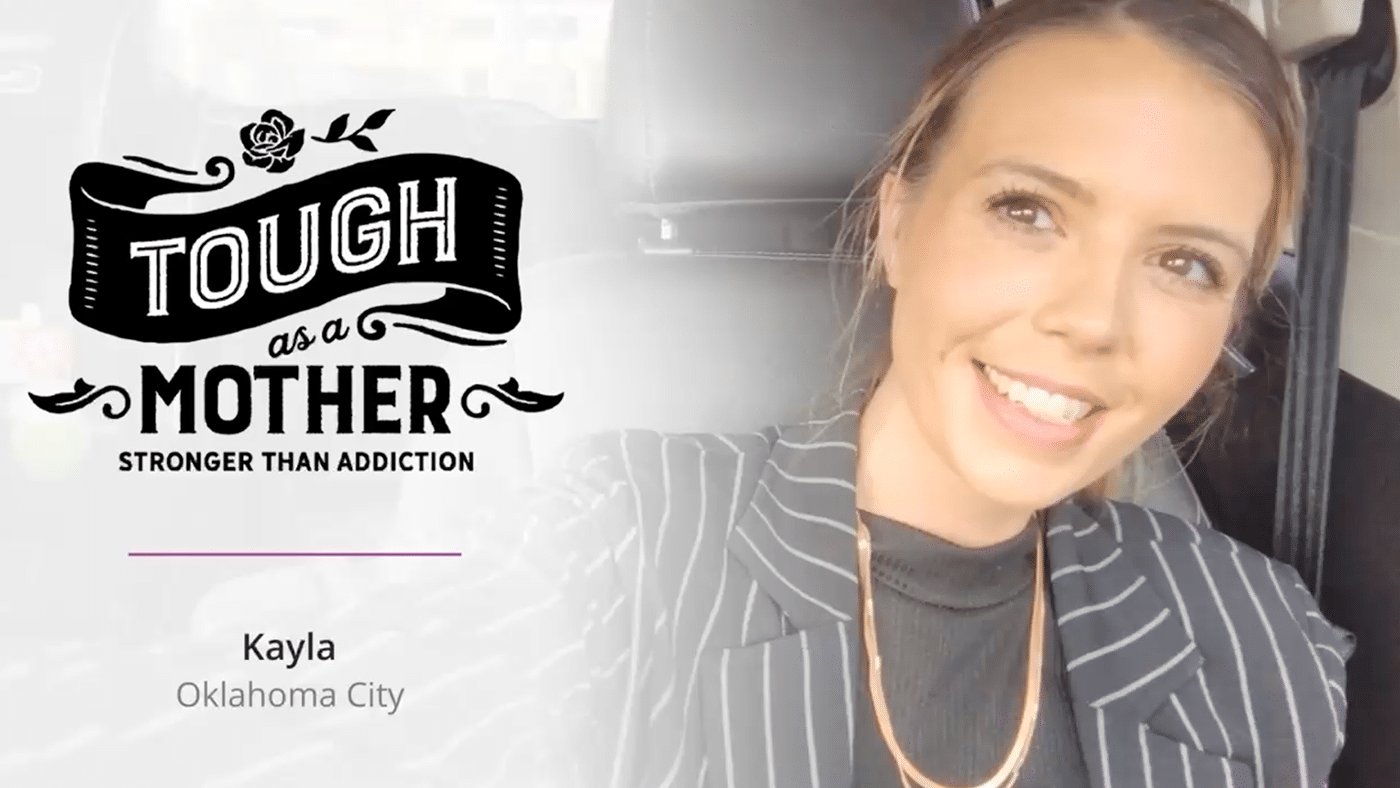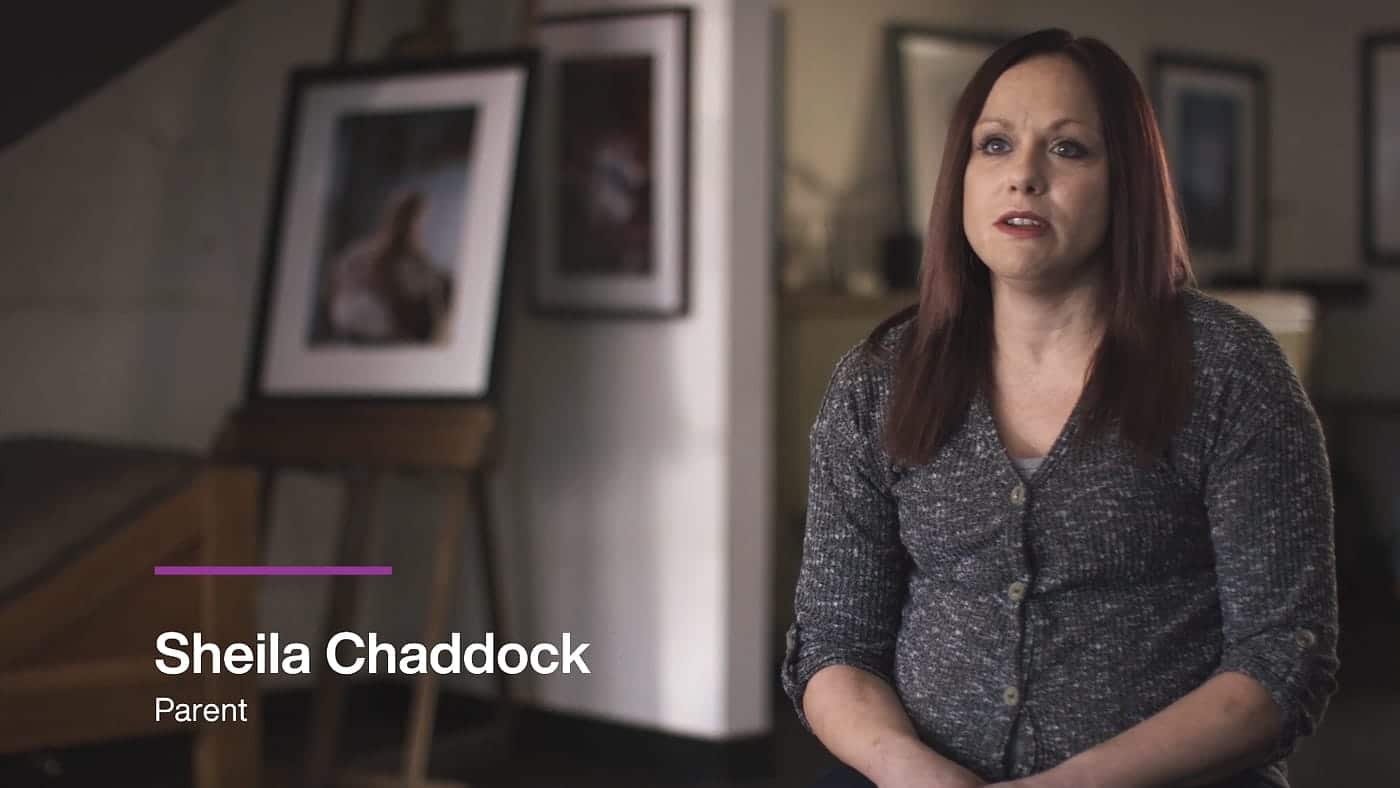A Message for Every Mom
We are so glad you are here. We know it is not easy being vulnerable and seeking help. But you are here. Celebrate your bravery. For today, for you are making a choice to learn about the possibilities and opportunities of a life free from coping through substance use.
Putting yourself and your needs first is the most important step in not only working towards recovery but also strengthening your family. We want you to know you are not alone and you are not to blame. Substance use disorder (SUD) is a disease.
Much like any other disease, such as diabetes, medical support is an essential part of treatment. Our approach is highly individualized, as oftentimes, women with SUD are also coping with trauma and other mental health struggles.
Seeking support does not mean you have to go to treatment right away. A substance use treatment provider will work with you to design a treatment plan that meets you where you are at while meeting your family’s needs too. One way we approach this is by helping you create a Family Care Plan – a living document that helps you advocate for yourself, your family, and even your unborn child with the goal of strengthening your family, helping you have a healthy pregnancy should you be pregnant, and keeping your children safely at home.
We know you are tough as a mother, but there is no need to go on this journey alone. So show us your strength and take that first step to start the conversation, and we’ll help you with the rest. Support is available.
Start your recovery journey today by connecting to treatment and establishing a Family Care Plan.



